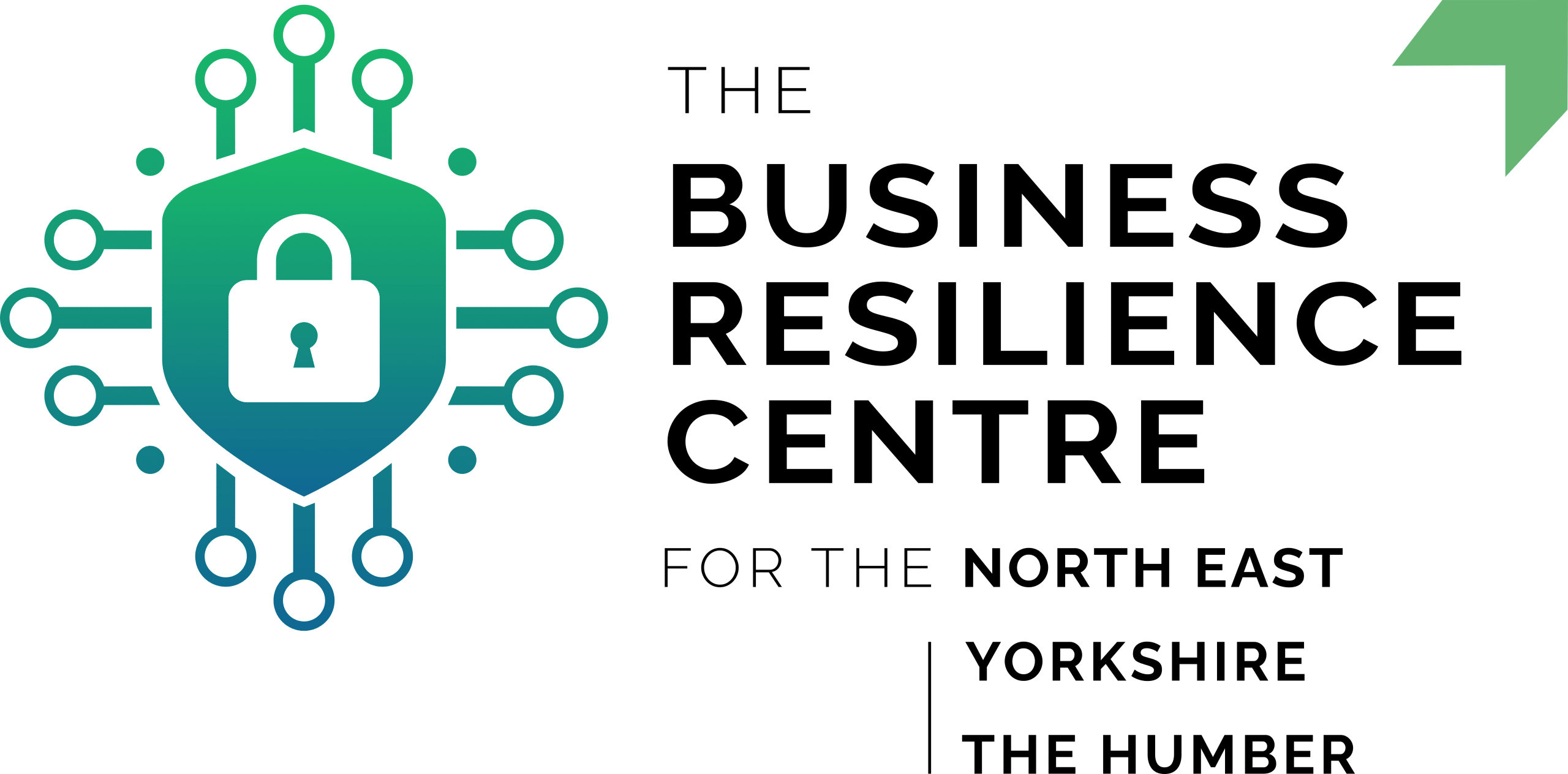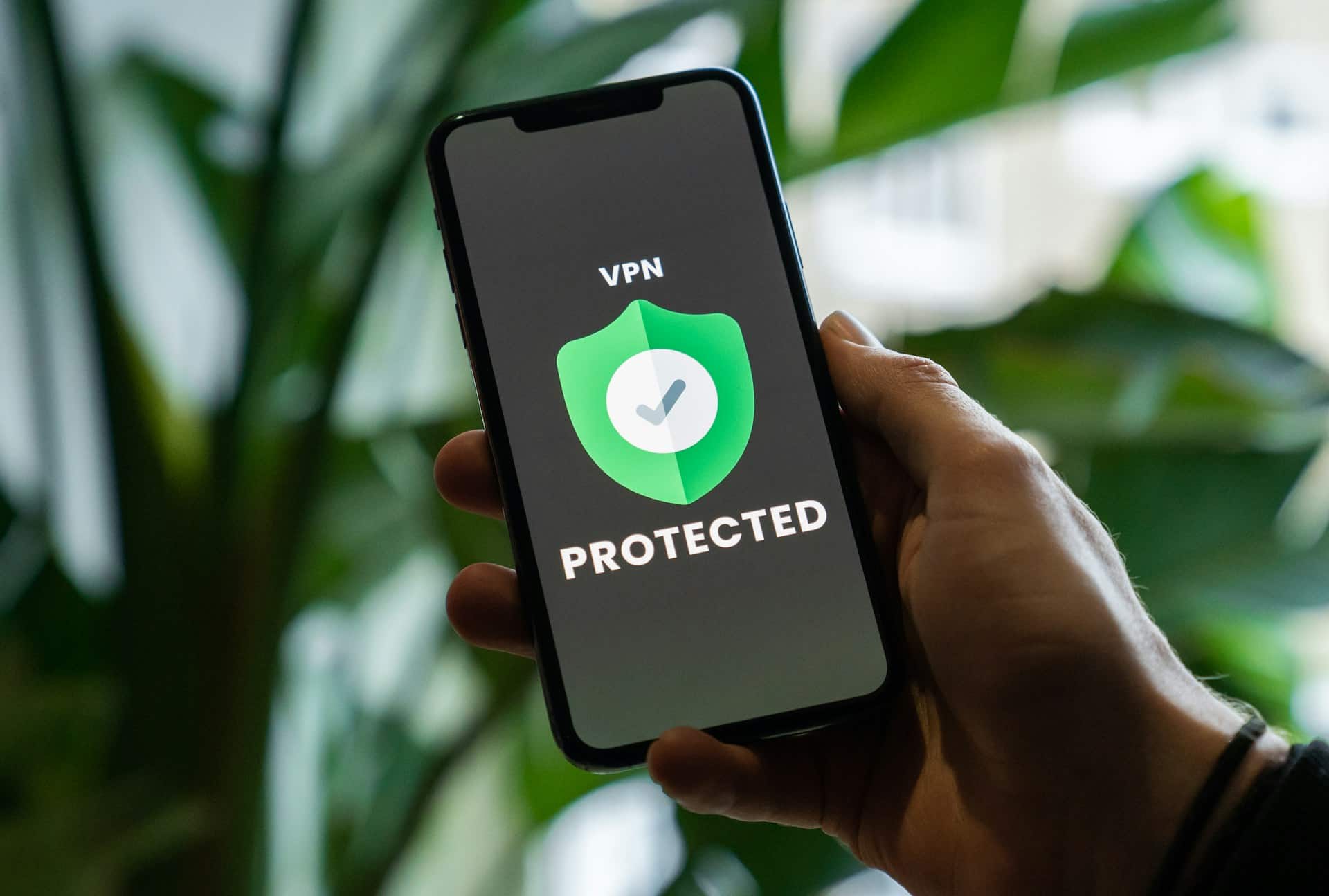As a small business or freelancer, you may be seeking ways of protecting yourself from being hacked, especially on public WiFi. Cyber attacks are becoming more advanced in the current digital landscape so it is important to take the correct measures to protect yourself and your private information. So, can a VPN stop you from being hacked?
A VPN can help to prevent you from being hacked. A VPN provides you with an encrypted internet connection when using an untrusted network such as public wifi hotspots. A VPN cannot, however, protect you from being targeted by hackers in the form of social engineering attacks such as phishing.
Keep reading to find out more about whether a VPN can stop you from being hacked as well as the benefits of using a VPN.
Can a VPN Stop You From Being Hacked?
A VPN (virtual private network) can prevent you from being hacked. This is because they provide a secure encrypted tunnel, which only you can use, and nobody can see into to, when using a WiFi hotspot. This is particularly advantageous when using public hotspots – WiFi which other people unknown to you are using to browse the internet.
Can a VPN Protect You From Being Hacked on Public WiFi?
Whilst we recommend avoiding using public WiFi, especially if you are handling sensitive or important information, VPNs can help protect you from hackers if you need to use public WiFi. Sometimes hackers might use public wifi to grab your information, or set up a hotspot to look like public wifi.
What is Another Benefit of Using a VPN?
Protecting yourself from being hacked is just one of the benefits of using a VPN. Take a read below to learn more about the benefits of using a VPN.
IP Address Masking: By masking your IP address, a VPN helps to keep your online activities anonymous. This makes it harder for websites, advertisers, and malicious entities to track your browsing habits and location.
What Can’t VPNs Protect You From?
VPNs can prevent hackers from accessing your information whilst you are on the internet, but that doesn’t mean they won’t take further steps to attack you. Below you will find some of the ways VPNs cannot protect you from malicious hackers.
Malware and Viruses: VPNs do not protect against malware, viruses, or other malicious software. Using antivirus and anti-malware tools in conjunction with a VPN is essential for full protection. To learn more about the different types of malware attacks and how they are performed, take a read of our recent blog by clicking here.
Phishing Attacks: VPNs cannot prevent phishing attacks, where attackers trick you into revealing sensitive information (such as passwords and credit card numbers) by masquerading as a trustworthy entity.
Social Engineering: VPNs do not protect against social engineering attacks, where attackers manipulate individuals into divulging confidential information through psychological manipulation.
Device Security: VPNs do not secure your actual devices. If your device is compromised or infected with malware, a VPN cannot prevent data breaches or other malicious activities stemming from the compromised device.
Weak Passwords: VPNs do not protect against the use of weak or easily guessable passwords. Using strong, unique passwords and enabling multi-factor authentication (MFA) is important for account security.
How To Safely Use a VPN
When it comes to using a VPN safely to assess the following:
- No-Logs Policy: Ensure the VPN provider has a strict no-logs policy, meaning they do not store any information about your online activities. This is crucial for maintaining your privacy.
- Strong Encryption: Look for VPNs that use strong encryption protocols, such as AES-256, which is considered highly secure.
- Security Protocols: Check if the VPN supports secure protocols like OpenVPN, IKEv2/IPsec, and WireGuard. These protocols offer robust security features.
- Server Locations: Consider the number and distribution of server locations. More servers in diverse locations can provide better performance..
- Speed and Performance: Ensure the VPN offers high-speed connections with minimal impact on your internet speed. Look for VPNs with positive user reviews regarding speed and performance.
- Simultaneous Connections: Check how many devices can be connected simultaneously with a single subscription. This is useful for households with multiple devices.
- Kill Switch: A kill switch feature disconnects your internet connection if the VPN connection drops, ensuring your data is never exposed.
Protect Yourself from Malicious Hacking with NEBRC
For further guidance on how to protect yourself from hacking using a VPN, don’t hesitate to contact our helpful team. You can also be kept up-to-date with changes in the cyber security industry as well as receive helpful tips and free resources by signing up to our Free Core Membership today.

